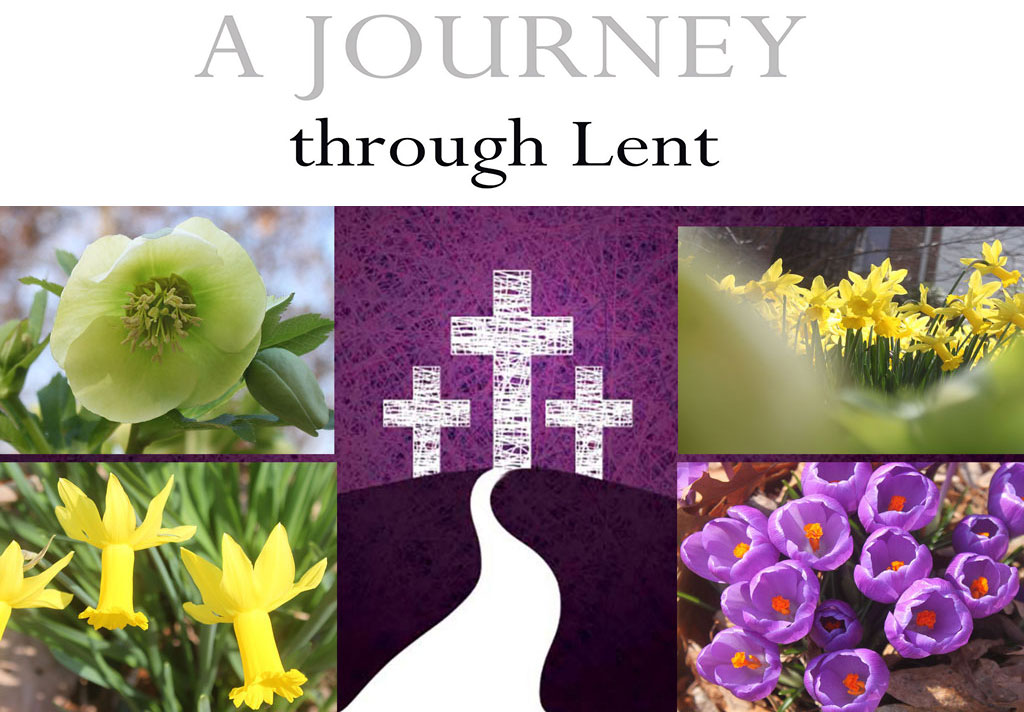“To grow up in Christ is to be able to face loss. We learn this at a dinner party. Jesus is there. Lazarus is there. He was dead, now he’s alive and eating dinner. Judas is there. He is a tragically conflicted man. Martha hosted and served. That’s what Martha loves to do. Mary is there. She’s at Jesus’ feet. Her devotion to Jesus makes people uncomfortable, then and now. She rubs Jesus’ feet with perfumed oil, because she knows in just a few days Jesus will be dead.
“All the attendees knew Jesus didn’t have long to live. Still, each avoided the reality of this imminent loss in their own way: Lazarus with nostalgia. Judas with business. Martha with busyness. But not Mary, she acknowledged and faced the coming loss- it literally brought her closer to Jesus! Fear, denial and refusal to acknowledge and accept loss is all around us. It’s in our politics, how we run our organizations and how we do family. We say we don’t want change, but it’s not change we fear, it’s the loss that change represents.
“Growing up in Christ is hostile to fear, denial, and the refusal of reality. And growing up in Christ is hostile to “suck it up-ism,” too! Growing up in Christ acknowledges loss and grief because without its acknowledgment we aren’t engaged in real life. And if we’re not engaged in real life, the possibility of Christian maturity stalls, healing and innovation plateau and hope is anemic. To attempt to fend off reality is ultimately a foolish endeavor. Some things need to be fully relinquished. Besides, real life is where Jesus does his best work.
“At the close of this dinner party, with a lynch mob assembling outside the door, what Mary embodied, Jesus now gives voice to: “…you do not always have me.” With those six words Jesus confirms the inevitable and sets his face toward the unavoidable. With those six words he invites the dinner party guests then, and us now, to walk with him through his loss of friends, certainty, dignity and even faith as a learning lab for our life.”





 Fifth Sunday in Lent
Fifth Sunday in Lent